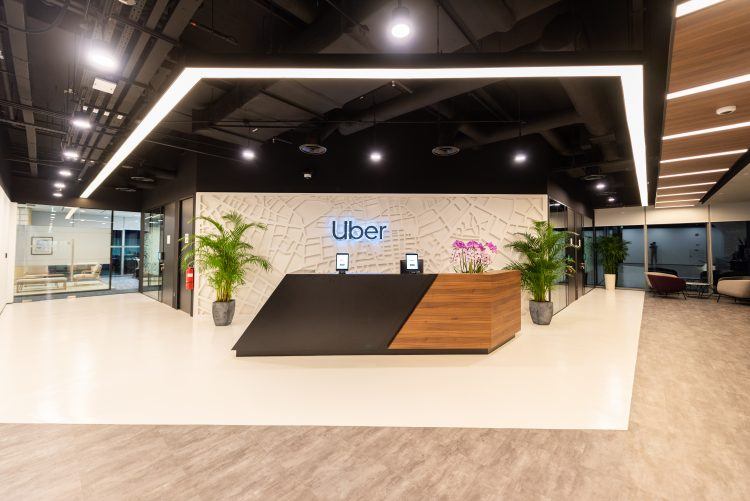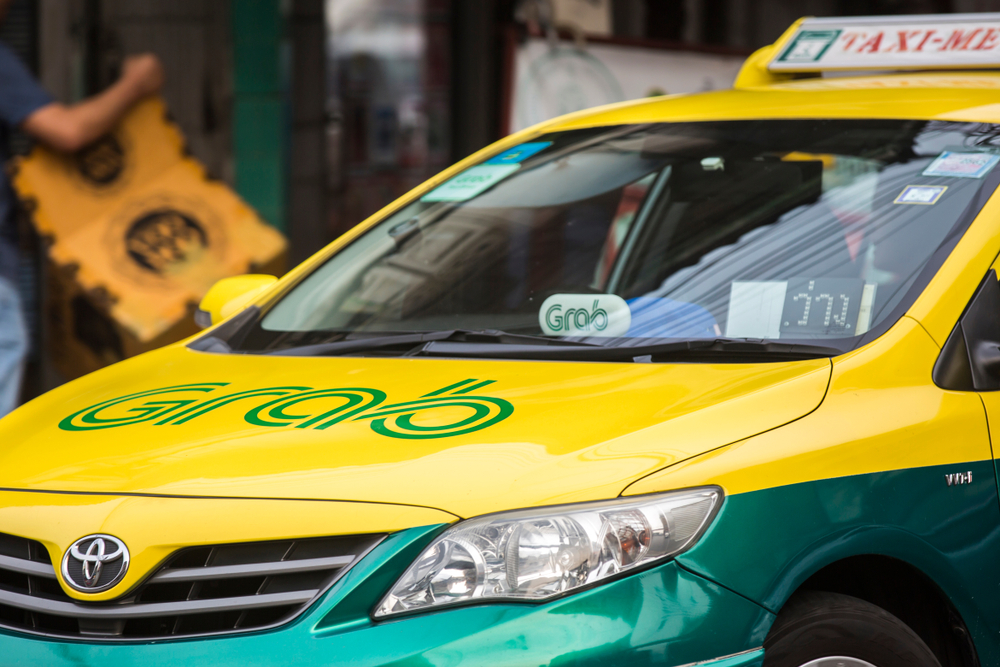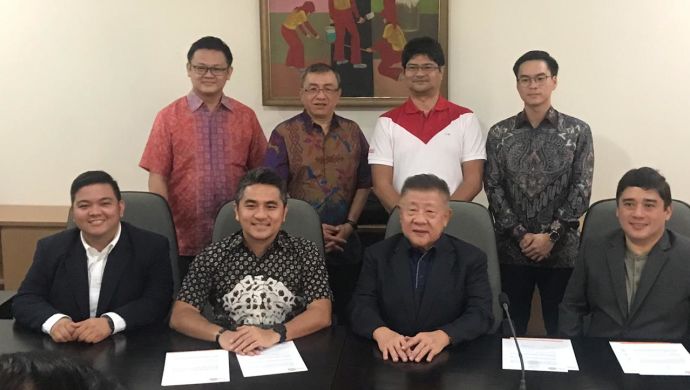Travel tech this week: Settling in Singapore
Contributors are not employed, compensated or governed by TDM, opinions and statements are from the contributor directly
This week, we saw a lot of activity in Southeast Asia, which has been a fertile ground for start-ups. Two companies have set up offices in Singapore, which is still the best place to manage your business in APAC.
Uber opens new HQ in SG

Uber has set up its new Asia-Pacific headquarters in Singapore but has revealed that it has no plans to re-enter the market.
Uber bids APAC goodbye last year after selling its business in Southeast Asia to rival Grab. The purpose of the new hub is where Uber will manage its East Asia, South Asia, and Australasia. Regionally, Uber continues to offer ride-hailing and on-demand food delivery in 102 cities across Australia, Bangladesh, Hong Kong, India, Japan, New Zealand, South Korea, Sri Lanka, and Taiwan.
Uber has maintained an office in Singapore since the completion of the Grab deal. According to the company, the majority of its 165 employees in the city remained with it after the merger. It indicated it’ll be hiring more talent in Singapore as it prepares for the launch of new business verticals in its extant Asia-Pacific markets.
DoubleDragon sets up office in Singapore

Uber is not alone in setting up an office in Singapore. The hospitality arm of property developer DoubleDragon Properties Corp has set up an overseas subsidiary in Singapore that will focus on the offshore selling of Hotel 101 condotel units.
Hotel 101 is an affordable hotel whose units are sold to buyers seeking recurring earnings out of their property assets. The units are pooled and managed by HOA and investors in each property get a uniform rate of return. The prototype for this hospitality brand is the 518-room Hotel 101-Manila property in the Bay area, which has given early unit owners 7.04% gross yield on their investment in the last 12 months from December 2017 to November 2018.
The creation of the new unit in Singapore jumpstarts HOA’s plan to incorporate a string of international wholly-owned selling arm subsidiaries in Singapore, Hong Kong, Middle East, Japan, London, Italy, and the United States to focus on the international sales of Hotel101 projects in the Philippines starting this year.
Grab rolls out indoor navigation feature

Ride-hailing app Grab Indonesia has rolled out a “Venues” feature to help passengers navigate their way to pre-designated pick-up points within large compounds, including shopping malls, airports, major train stations and major tourist sites in Greater Jakarta.
Ariek Wibisono, head of mapping operations at Grab Indonesia, told reporters in Jakarta on Tuesday that the feature was targeted at newcomers, particularly tourists, to help them navigate unfamiliar compounds around the city. The feature, he continued, would soon be directly embedded into the ride ordering process instead of being accessed from a separate widget.
“We’ll start rolling out the feature with 10% of all Grab users in Greater Jakarta, then aim for 100% by the end of this month,” Wibisono said.
The company said in a statement that the feature was currently available at 600 locations around Southeast Asia, half of which were located in Greater Jakarta, and that it planned to have 10,000 locations by year-end. Nagur Hassan Mohammad, regional program manager of maps at Grab, said the mapping was done by a team of 90 mapping operators, who manually went around the city taking pictures and writing the directions.
The company did use a third-party map when it began the project in early January but found a myriad of mislabelled locations because it was heavily crowd-sourced and thus, chose a slower but better quality-controlled method.
Indonesia’s Passpod JV with PH’s Weepay

Indonesian travel tech startup Passpod has signed a joint venture with Weepay Payment Processing Corp, a payment service provider from the Philippines, to establish a joint venture in the Philippines.
The joint venture company will use the Passpod brand in the Philippines and begin operations by the end of May. It will offer services to the country’s increasing flow of outbound travellers, which has reached a number of 4.5 million.
The MoU is a follow-up to Passpod’s plan to expand overseas and offer its services in new destinations after receiving fresh funds from its IPO in 2018. Passpod says it aims to earn around IDR 53 billion (USD 3.7 million) in revenue from its entry into the Philippines.
Established in 2017 as a Mifi rental service provider, Passpod now provides unlimited wireless internet connectivity via rented MiFi devices, and offers tickets for package tours and local attractions around the world.
A report by Mastercard on outbound travel in the Asia-Pacific region between 2016 and 2021 forecasts the Philippines to have the fastest growth in its number of outbound travellers until at least 2021. Currently, 3.4 million overseas trips are made by Philippine nationals annually, and that number is expected to increase to 4.3 million in two years.
The high spending budget of Filipinos also lured Passpod to the country. “The use of the internet for data needs is also high in the Philippines, even higher than Indonesia. In addition, the awareness to travel abroad among Filipinos is also quite high,” Whardana concluded.


Comments are closed.